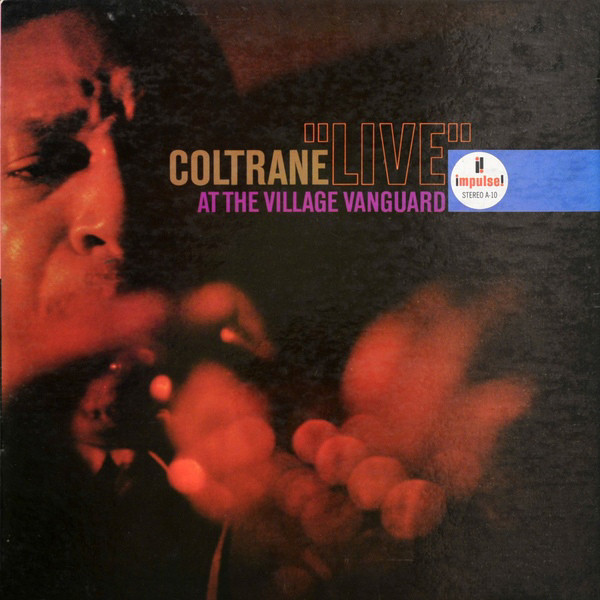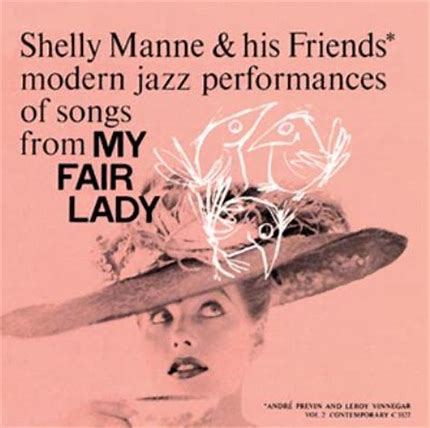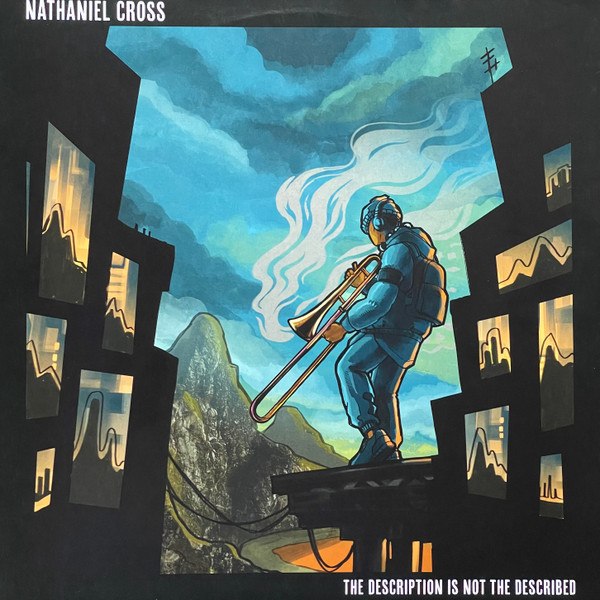You are using an out of date browser. It may not display this or other websites correctly.
You should upgrade or use an alternative browser.
You should upgrade or use an alternative browser.
What are you listening to right now #59
- Thread starter Woodface
- Start date
- Status
- Not open for further replies.
mikechadwick
pfm Member
poco a poco
I'm Jim

Vinyl, 1970's Italian pressing.
Steely Dan - Northeast Corridor - live album recorded post Becker’s demise. Tidal.
On first listen it’s much better than Alive in America - - their only previous official live album - there are variations in arrangements and in the solos which make it interesting given how well I know the original versions.
The only exception to this generalisation is that the Live in America version of Reelin’ in the Years was a complete rearrangement - which doesn’t involve the key electric guitar breaks - which rather loses the point of the song in my view.. The Northeast Corridor version doesn’t make that mistake!
On first listen it’s much better than Alive in America - - their only previous official live album - there are variations in arrangements and in the solos which make it interesting given how well I know the original versions.
The only exception to this generalisation is that the Live in America version of Reelin’ in the Years was a complete rearrangement - which doesn’t involve the key electric guitar breaks - which rather loses the point of the song in my view.. The Northeast Corridor version doesn’t make that mistake!
mikechadwick
pfm Member
I must give this a listen and Nightfly Live - couldn't quite bring myself to buy physical copies.Steely Dan - Northeast Corridor - live album recorded post Becker’s demise. Tidal.
On first listen it’s much better than Alive in America - - their only previous official live album - there are variations in arrangements and in the solos which make it interesting given how well I know the original versions.
The only exception to this generalisation is that the Live in America version of Reelin’ in the Years was a complete rearrangement - which doesn’t involve the key electric guitar breaks - which rather loses the point of the song in my view.. The Northeast Corridor version doesn’t make that mistake!
mikechadwick
pfm Member
kjb
Proof reading not always a strength
The Shelly Mann theme led to me getting this out. My dad's copy on Contemporary / Vogue. First UK press according to Discogs.
Andre Previn playing the right notes in the right order pre his Morecambe and Wise period.
Not in bad nick for something that was probably only ever played on a 1950s radiogram.

Andre Previn playing the right notes in the right order pre his Morecambe and Wise period.
Not in bad nick for something that was probably only ever played on a 1950s radiogram.
gavreid
Pretty Words...
The Shelly Mann theme led to me getting this out. My dad's copy on Contemporary / Vogue. First UK press according to Discogs.
Andre Previn playing the right notes in the right order pre his Morecambe and Wise period.
Not in bad nick for something that was probably only ever played on a 1950s radiogram.
Tell me if I'm wrong but the West Coast thing seems to me to have its roots more in the tv and film industry, much more orchestrated and worked out than the East Coast scene. Closer to the classical tradition if you like and less ad libbed...
kjb
Proof reading not always a strength
Tell me if I'm wrong but the West Coast thing seems to me to have its roots more in the tv and film industry, much more orchestrated and worked out than the East Coast scene. Closer to the classical tradition if you like and less ad libbed...
I think it is in many cases - but then there's Art Pepper
Playing some late period Pepper right now - this was right there at the beginning of my jazz journey and is still a favourite.
gavreid
Pretty Words...
I think it is in many cases - but then there's Art Pepper
Playing some late period Pepper right now - this was right there at the beginning of my jazz journey and is still a favourite.
There's always the exception that proves the rule
kjb
Proof reading not always a strength
There's always the exception that proves the rule
Indeed - the only one I could think of off the top of my head. Was Jimmy Giuffre part of the west coast thing? He's on the Shelly Mann record mentioned up thread. He may be another outlier.
poco a poco
I'm Jim
I'm not sure it had its Jazz roots are in the TV and Film industry, but the advantage was there was the opportunity for the musicians to easily find work in the studios to support themselves while playing Jazz in the clubs in the evenings as well. The attraction of this and the sunshine attracted a lot of musicians to move there. The more laid back life style almost certainly was reflected in the music produced there.Tell me if I'm wrong but the West Coast thing seems to me to have its roots more in the tv and film industry, much more orchestrated and worked out than the East Coast scene. Closer to the classical tradition if you like and less ad libbed...
Jelly Roll Moton moved there as early as 1917 before moving on to Chicago. Possibly then because Black musicians did have a much harder time of finding work in the studios than White ones at least at first. The scene at first was more dominated by White musicians than on the East Coast. Art Pepper was born in California as was Dexter Gordon who was born in Los Angeles and with Wardell Gray (born in Oaklahona) became part of the blossoming LA Jazz scene plus Charlie Mingus spent quite some time there, but New York became a bigger attraction for these artists because of the 'harder' style of music they were playing.
alan967tiger
pfm Member
David Bowie - Hunky dory
mikechadwick
pfm Member
purplepleaser
pfm Member
paulfromcamden
Baffled
Tell me if I'm wrong but the West Coast thing seems to me to have its roots more in the tv and film industry, much more orchestrated and worked out than the East Coast scene. Closer to the classical tradition if you like and less ad libbed...
I think it does tend to be more 'schooled' with the use of counterpoint etc taken from classical composition. I recall I reading somewhere that a lot of West Coast musicians were offered places to study music formally when they left the military and that's partly where that's coming from.
paulfromcamden
Baffled
- Status
- Not open for further replies.






